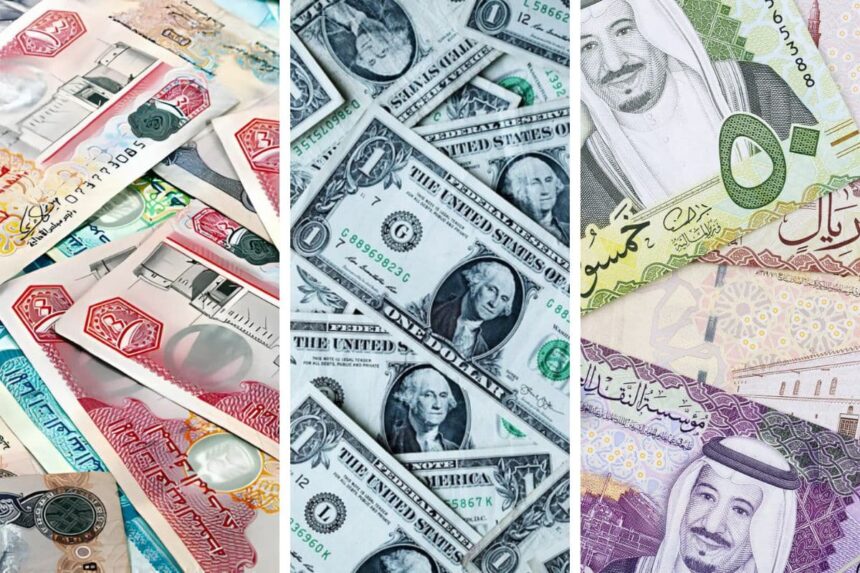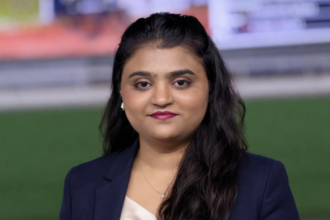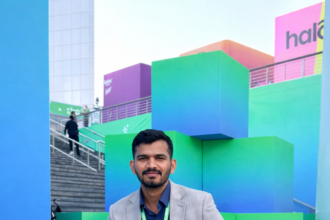A new Deloitte Middle East report replenishes the Gulf Sovereign Richness Funds (SWFS) continues and 2024 and 2024 444
Wealth Fund’s sovereign panorama (SWF) has witnessed tremendous growth in the last two years, with new SWFs established worldwide, high profile acquisitions by existing companies and a value reduction in value.
Sovereign Gulf wealth funds
The Gulf funds, which control approximately 40 percent of SWF’s global assets and the representative of the ten of the ten largest funds worldwide for assets under administration (AUM), are reformulating investment strategies in the midst of regional competition and evolutionary market dynamics.
The total number of SWF worldwide has tripled approximately 2000, reaching approximately 160-170 funds, with 13 new entities established between 2020 and 2023.
The Deloitte report, entitled “Growth in funds and assets, drives the SWF panorama,” reveals that Gulfs have maintained an aggressive investment rate, shaving $ 82 billion in 2023 and $ 55 billion.
The five main actors that continue to dominate the activity in the region are:
- ABU Dhabi Investment Authority (ADIA)
- Mubadala de Abu Dhabi
- Abu Dhabi Development Holding Company,
- Saudi Public Investment Fund (PIF)
- Qatar Investment Authority (QIA)
Julie Kassab, leader of the Wealth Sovereign Fund in Deloitte Middle East, commented: “The Gulf region continues to be the epicenter of the activity of the Sovereign Fund of wealth, with its main actors promoting innovation in investment strategies and operational excellence.
“We are witnessing that these funds not only expand their geographical footprint, but also significantly improve their internal capabilities, establishing new standards for the industry in terms of performance and governance.”
Deloitte reveals several significant tendencies that remodel SWF’s regional panorama, since CCG funds are increasingly seen to rapidly growing countries outside the traditional Western markets.
Deloitte said: “Gulf funds are strategically turning towards Asia, and many establish new offices through Asia-Pacific and increasing substantial assignments to high growth economies, including China, India and Asia de Southast.
“Sovereign funds have been particularly active in China, invest an estimated $ 9.5 billion in the year ending in September 2024. The lawyers have shaved the fires of the shaving star.
“This represents a strategic opportunity as Western investors reduce their exhibition, which allows the funds of the Middle East to take advantage of their strong political and commercial relations with Beijing.
According to Deloitte’s report, Africa is also an area of interest, with the mining sector that produces new opportunities.
The United Arab Emirates and Saudi Arabia have demonstrated the will to invest in high -risk extract companies in Africa this year, both directly and through their participations in multinational mining companies.
This comes next to the appearance of new investment vehicles, partly “Real Private Offices”, which now control approximately $ 500 billion in assets.
With more entities and more active that are now active implemented, the funds are under increasing pressure to gain a competitive advantage, with a stronger approach to internal performance, risk supervision and investment management, to finally deliver yields.
Many Gulf SWF are now adopting a more proactive approach, increasingly open to divestment, demanding better reports from portfolio companies and more willing to exert influence at the board level.
This impulse for excellence has also caused a fierce competition for human capital, with a great demand for national talent.
Gulf SWFS now used an estimated 9,000 professionals in their operations. The Gulf funds offer increasingly attractive packages to higher professionals, partly those with experience in funds established as Singapore Themes of Canada.
Deloitte also points out a growing trend towards protectionism worldwide, partly in developing economies, where governments are reacting their strategic asset approach.
This change has led to the creation of new funds centered in the country, or designed to coinvert together with international partners instead of competing directly with the established players of the Middle East.
Looking towards the future, although geopolitical uncertainties and possible fluctuations in the prices of basic products can create winds against, these pressures could promote greater efficiency and innovation in fund management practices.








